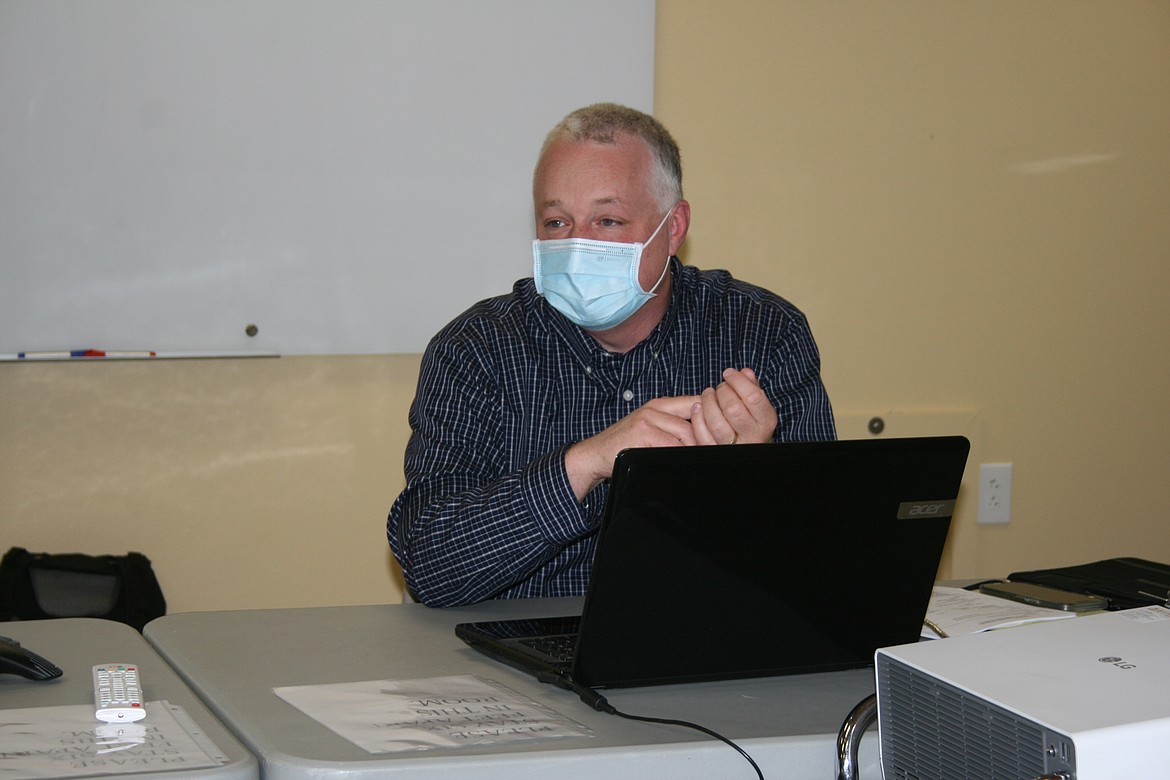Quincy hospital finances improving
QUINCY — Financially, 2021 was a good year for Quincy Valley Medical Center.
Become a Subscriber!
You have read all of your free articles this month. Select a plan below to start your subscription today.
Already a subscriber? Login



